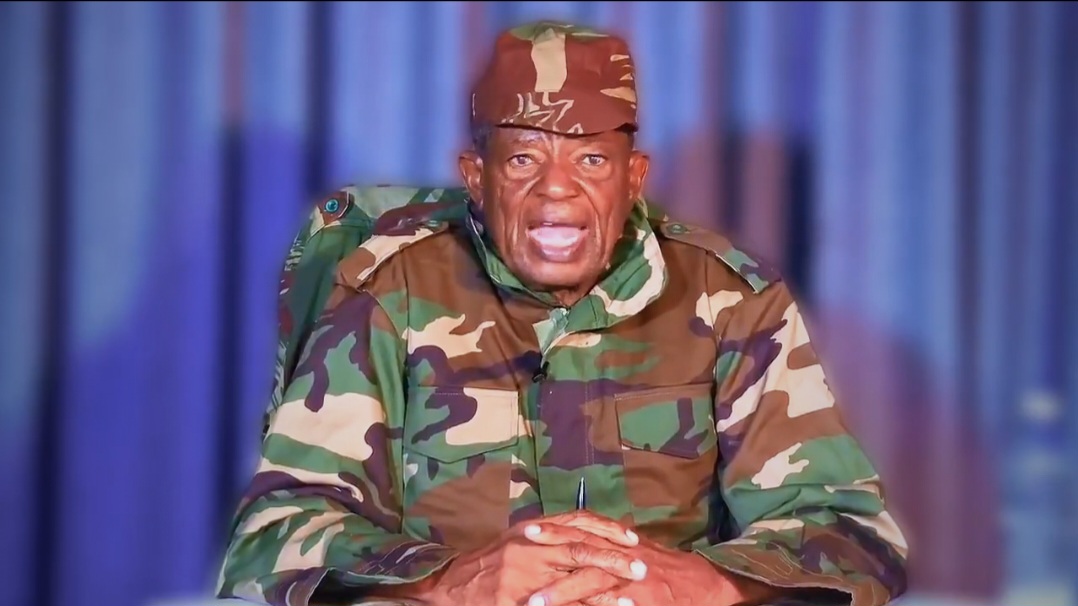HARARE- A man jailed for 10 years for allegedly participating in the US$2.7 million ZB Bank highway cash heist in 2021 has been set free by the High Court on appeal after judges said his conviction was a miscarriage of justice.
Tendai Zuze was convicted and sentenced in September last year together with Never Mwamuka and ZB Bank employee Shadreck Njowa, who was described during the trial as the mastermind of the heist.
The robbery in which a ZB Bank cash-in-transit van was intercepted near Nyabira on the Harare-Chinhoyi highway was, at the time, the biggest cash heist in the history of Zimbabwe.
Two High Court judges who heard Zuze’s appeal against his conviction said the prosecution failed to produce evidence linking him to the crime, and his conviction and sentence could not stand.
At the time of his arrest, Zuze was found with US$35,000 in cash. His trial also heard that he bought a Honda Fit vehicle two days after the robbery; that he drove his wife’s car through the Nyabira tollgate shortly before the robbery and that mobile phone records placed him near Nyabira at the time of the robbery.
Judges of appeal Happias Zhou and Benjamin Chikowero said at best the theory weaved by the state “raised eyebrows” but added: “Suspicion is not evidence.”
The judges said it was accepted by all parties during the trial that ZB Bank did not – prior to dispatching its crew to deliver the cash to various branches – record the serial numbers of the bank notes.
“It thus was common cause that ZB Bank, through the first state witness (John Chiwawa), could not identify the huge sums of money recovered from Zuze and his then co-accused as being part of the money stolen from ZB Bank,” the judges ruled.
“It also was common cause both at the trial and before us that there was no direct evidence linking Zuze to the commission of the offence. The court convicted him after inferring that he was involved in the commission of the offence. That inference was drawn from what the trial court viewed as circumstantial evidence. In reality it was not.”
Trial magistrate Clever Tsikwa based his verdict on what he called “circumstantial evidence” – the recovery of US$35,000 from Zuze upon his arrest; his purchase of a Honda Fit vehicle two days after the robbery and Zuze driving past Nyabira tollgate in his wife’s silver Toyota Lexus around the same time that the ZB Bank cash-in-transit vehicle also passed through the same tollgate, which was shortly before the robbery.
The magistrate was also persuaded the prosecution had made a case after an Econet call log, although it did not show who Zuze called, proved that his mobile phone was in the Nyabira area at the time of the robbery.
Zuze told his trial that of the US$35,000 recovered from him, US$10,000 belonged to his wife being her Stokvel money. He said the balance was his own money earned from his endeavours as a small-scale miner.
The appeal judges noted: “This explanation was not controverted. In any event, since the money stolen from the complainant did not have its serial numbers recorded, nobody testified that the US$35,000 recovered from the appellant was part of the complainant’s money stolen during the commission of the offence of robbery.
“At its highest, even taken together with the other circumstances listed in this judgement, the fact that the appellant purchased a Honda Fit vehicle two days after the commission of the offence may have raised eyebrows.
“But suspicion is not evidence. We have said the state did not, a quo, controvert the appellant’s explanation that he was a small-scale miner given to obtaining and spending huge sums of money. The trial court did not find that he was not a small-scale miner…”
Zhou and Chikowero said this misdirection resulted in a gross miscarriage of justice.
“The court ignored direct exculpatory evidence in favour of the appellant preferring to found the conviction on circumstances which came nowhere near justifying the inference that the appellant was involved in the commission of the robbery,” the judges said.
“It was not for the appellant to prove that he was innocent. The onus remained on the state to prove that the appellant participated in the robbery and how he so participated. Instead of proving the appellant’s guilt beyond reasonable doubt, the state did the exact opposite.
“We cannot conclude this judgement without saying this: The trial court grossly erred in predicating the appellant’s conviction on colourless circumstantial evidence while at the same time ignoring direct evidence, produced by the prosecution itself, which clearly exonerated the appellant.
“In the result, it is ordered that the appeal is allowed. The conviction is quashed and the sentence set aside… Accused 2 (Zuze) is found not guilty and is acquitted.”
















